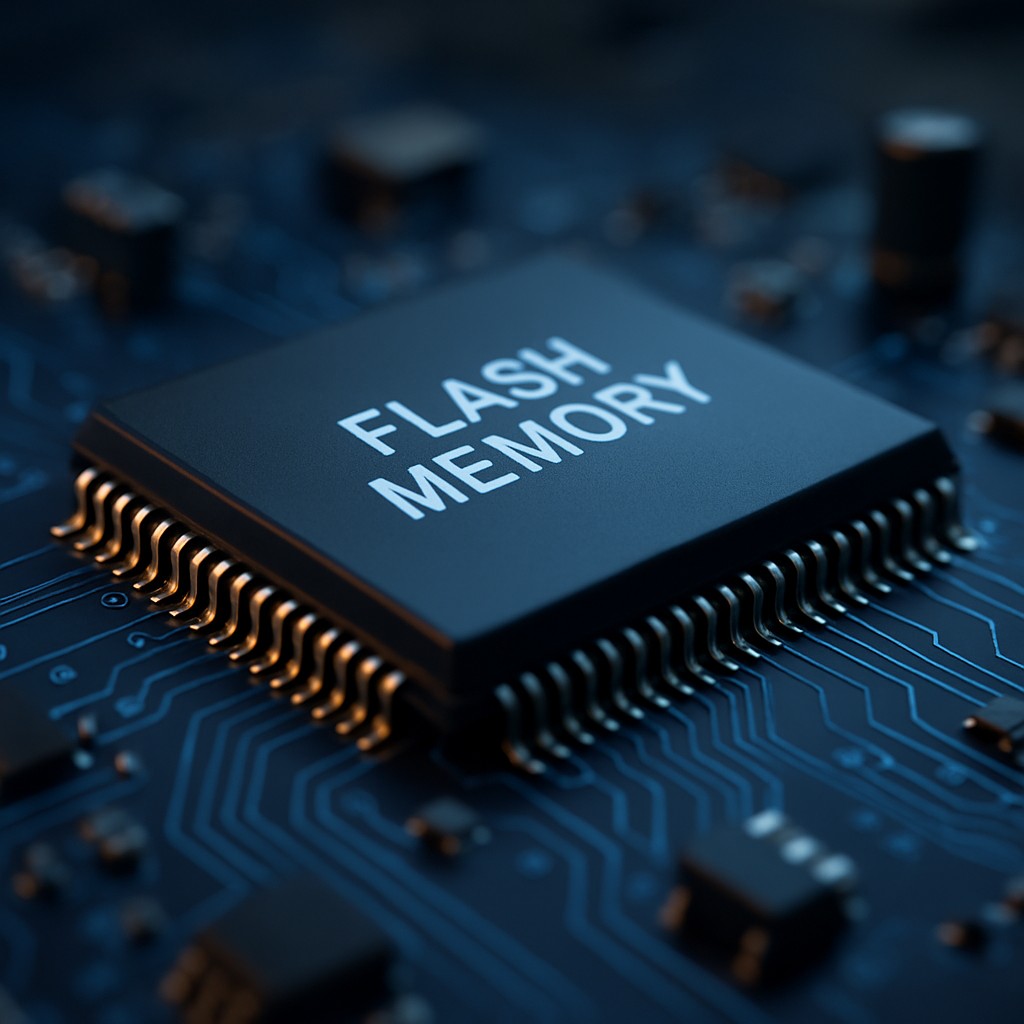🚀 Breakthrough in Memory Technology
In an unprecedented leap in memory technology, researchers at Fudan University in Shanghai have unveiled PoX (Phase-change Oxide) — a non-volatile flash memory capable of data operations in just 400 picoseconds (0.4 nanoseconds). This speed is over 2,000 times faster than traditional flash memory and even surpasses the performance of SRAM and DRAM, which typically operate within the range of 1 to 10 nanoseconds.
⚡ What Is Picosecond-Level Memory?
To put it simply, picosecond-level memory refers to the ability to read or write data in trillionths of a second. This is a massive achievement, particularly for systems like artificial intelligence, where speed and energy efficiency are critical. Traditional flash memory, despite being non-volatile, has been too slow for next-gen AI applications. PoX may be the answer.
🧠 Powered by Graphene and AI
The Fudan team, led by Professor Zhu Peng, replaced conventional silicon with Dirac 2D graphene, a material known for its ultra-high electron mobility. They engineered a phenomenon known as 2D super-injection, enabling an almost resistance-free current to the storage layer.
Interestingly, the team also leveraged AI algorithms to optimize testing and fabrication conditions, pushing the innovation even further. This synergy between AI and hardware design highlights a promising future for co-optimized tech ecosystems.
🔋 Energy Efficiency Meets Speed
Unlike DRAM or SRAM, which lose data when power is cut, PoX maintains information even without electricity. Combine that with ultra-fast switching and low power consumption, and you’ve got a potential game-changer for smartphones, laptops, and especially edge AI devices, where energy and thermal management are vital.
🧩 Commercialization on the Horizon
According to Liu Chunsen, senior researcher at Fudan’s Key Laboratory for Integrated Chips, the team has already built a fully functional prototype chip. The next step? Integrating this new technology into consumer electronics. Imagine running local AI models on your phone without heating issues or lags.
🔮 Why This Matters for the Future
This innovation could reshape computing as we know it. If successful in mass production, PoX could:
- Reduce energy costs for data centers
- Accelerate edge AI processing
- Replace hybrid memory solutions
- Enable ultra-responsive smart devices
The team is currently working closely with industrial partners to accelerate PoX’s path to market.









